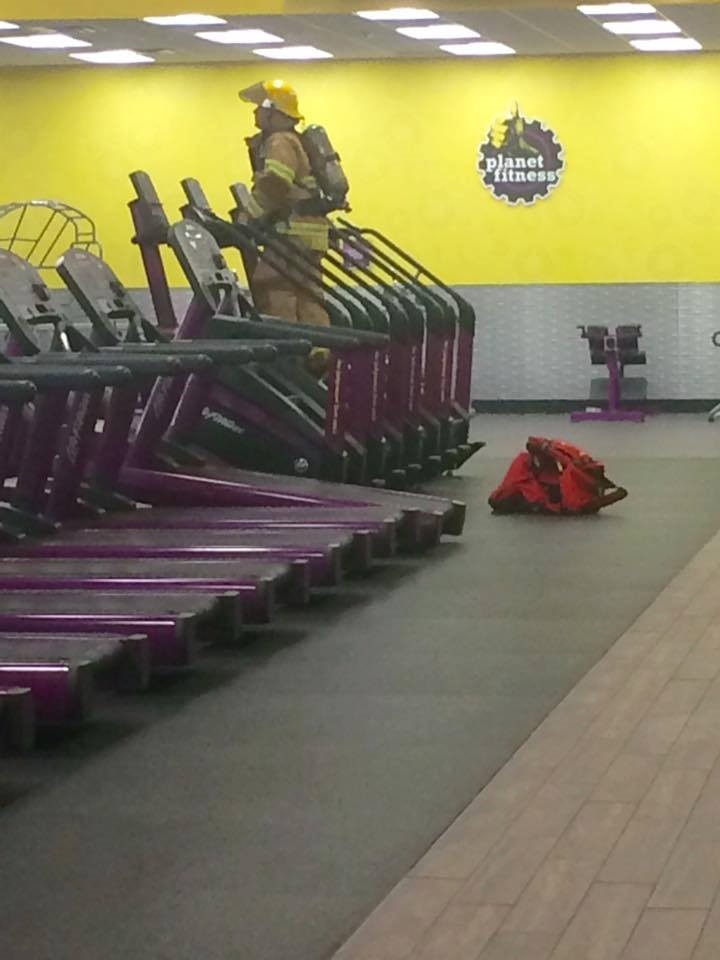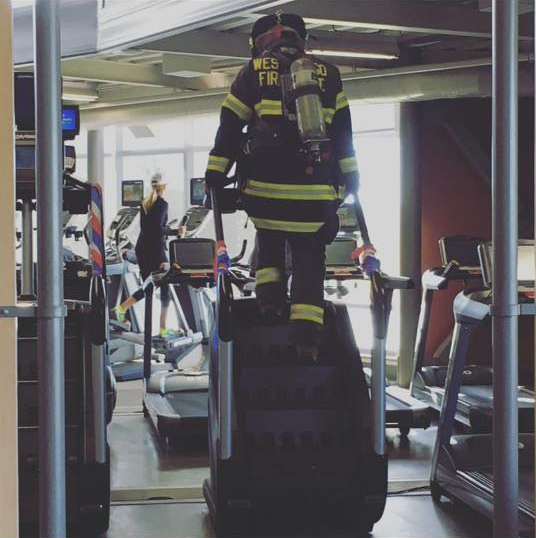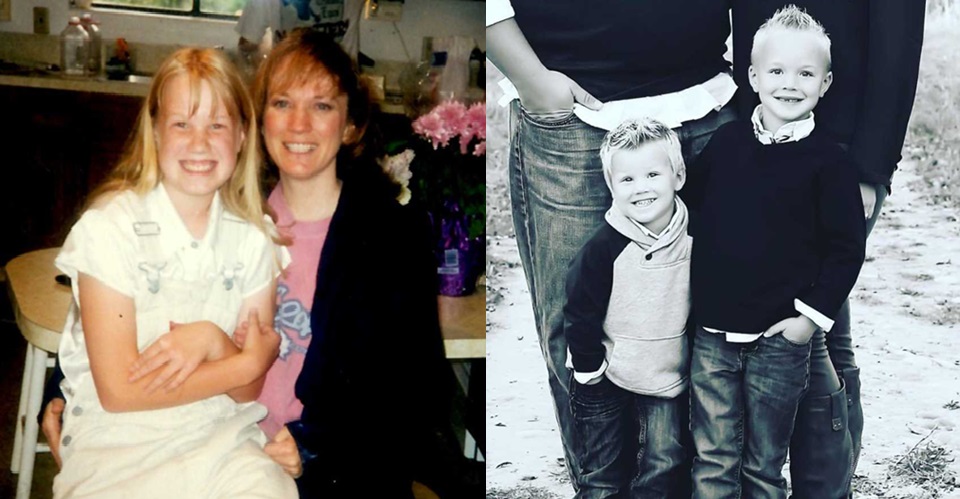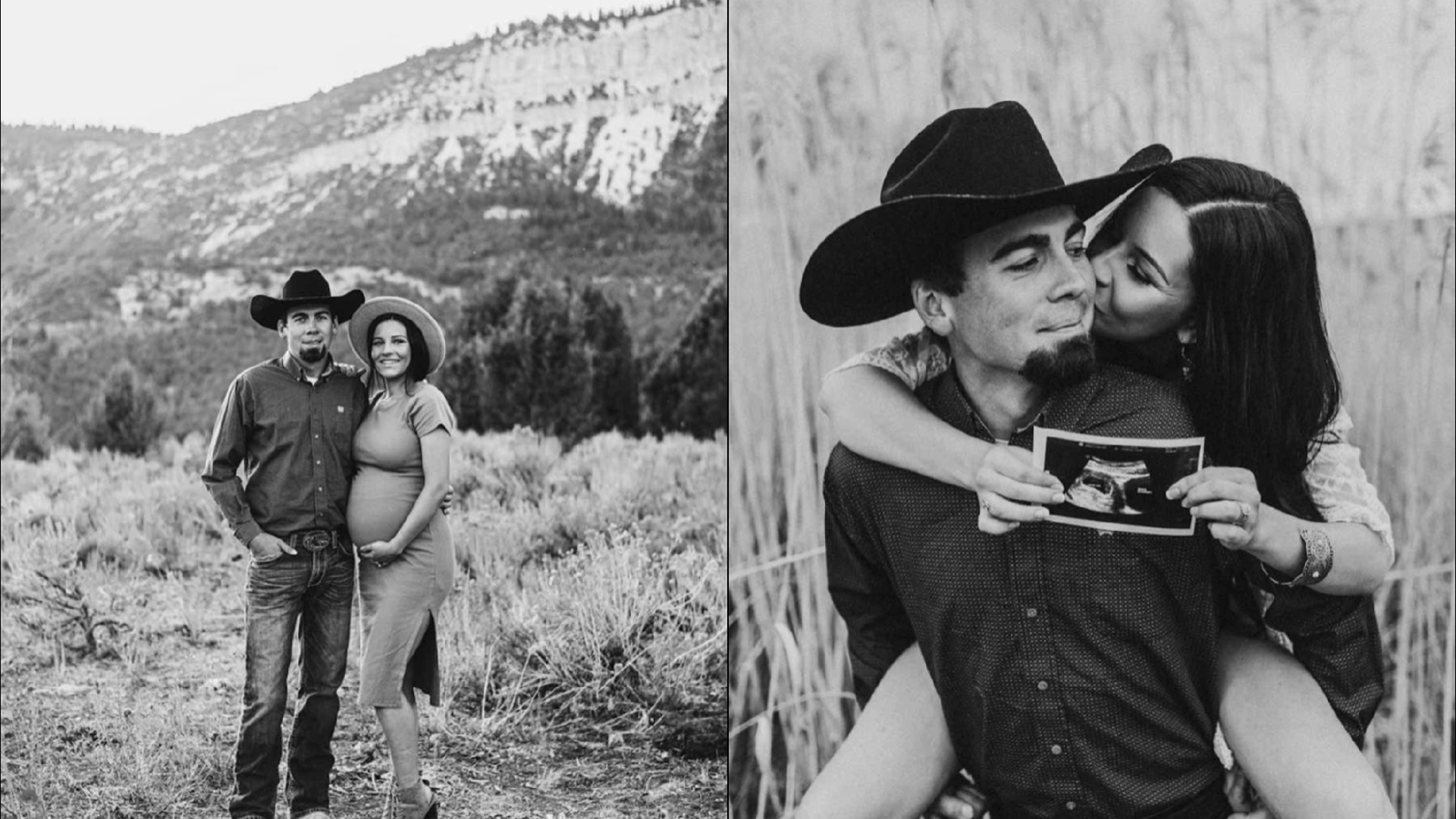When a man approached the front desk that morning, there was an unmistakable weight in his eyes, a quiet determination that made the room fall silent. “Is it okay if I climb 110 sets of stairs, fully suited, in honor of my fallen brothers and sisters from 9/11?” he asked. His voice was calm, steady, but carried the gravity of decades of service and remembrance.

“Yes, sir. You can,” came the reply, simple and affirming. But even as the words were spoken, it was clear that this was no ordinary act of exercise or routine challenge. This was a tribute, a personal pilgrimage, a way to connect with the lives lost and the heroes remembered.
The man, dressed head to toe in the heavy firefighting gear that so many associate with courage and sacrifice, adjusted his helmet and tightened his gloves. Each piece of equipment weighed not just in pounds, but in memory. As he began the climb, step by step, floor by floor, the silence of the moment was broken only by the faint scrape of boots on metal and the rhythmic beating of a heart that carried decades of service within it.

For those watching, the scene was unexpectedly moving. “I’m not one to get emotional,” said a witness later, her voice trembling, “but I found a few tears slipping down my face. The respect, the commitment, it was overwhelming. And at the end, I simply whispered, ‘Thank you for your services.’”
It was more than a physical feat. Each step represented a story of firefighters who ran into flames while others ran out, of first responders who carried strangers to safety, of families who would never see their loved ones again. With each floor, the man honored them not with words, but with sweat, perseverance, and reverence.
When he finally reached the top, the exhaustion was visible. Every muscle ached, every breath was a reminder of the effort it had taken. But in his eyes, there was triumph, not the kind that comes from victory over a rival, but from victory over the weight of memory and the solemn duty of remembrance. He had carried them all, in a way only someone who truly understood sacrifice could.
As he removed his helmet and gazed over the city skyline, the morning sun catching the edges of nearby buildings, there was a quiet smile on his face. It was a smile of connection, of honoring, of knowing that for a brief, grueling moment, he had touched something larger than himself. He had remembered, he had acted, and he had inspired others to feel the same.
And for those who watched, it was impossible not to feel it too, the courage, the love, and the resilience that still burns brightly in the hearts of those who serve. That day, 110 sets of stairs became more than steps. They became a bridge between the past and the present, a testament to humanity’s capacity for remembrance and honor.
Credit: Lezlie Bauler











